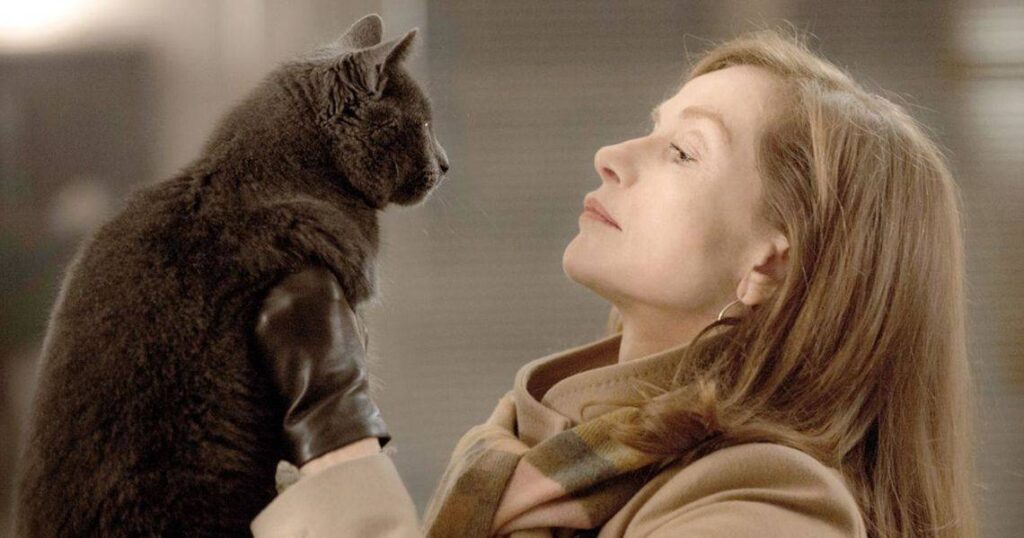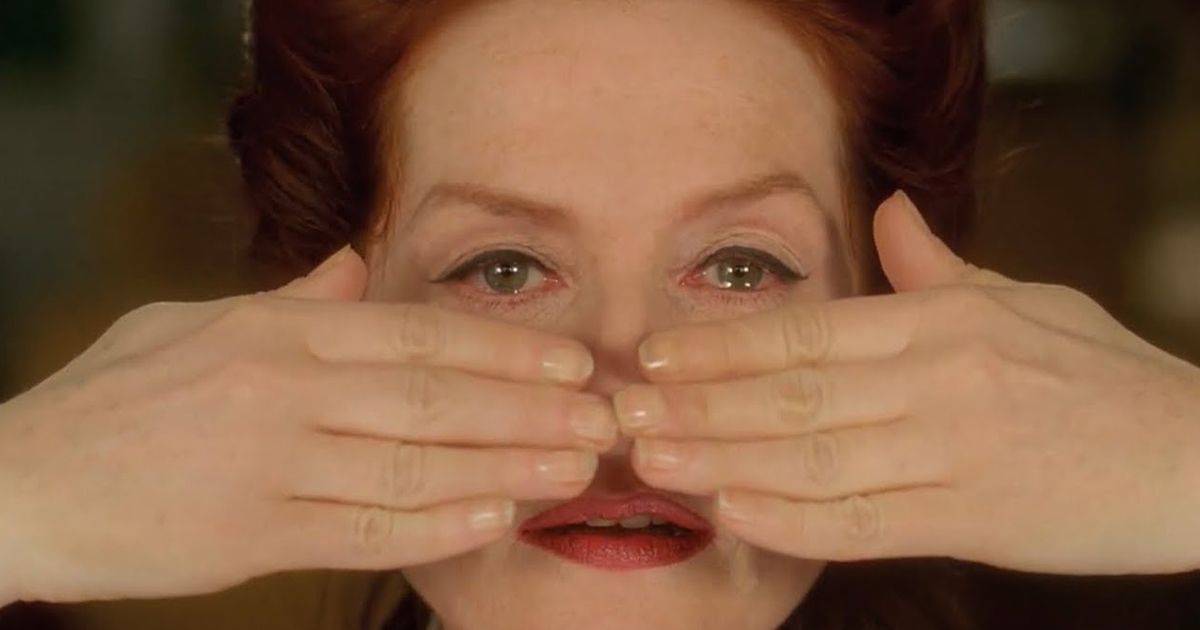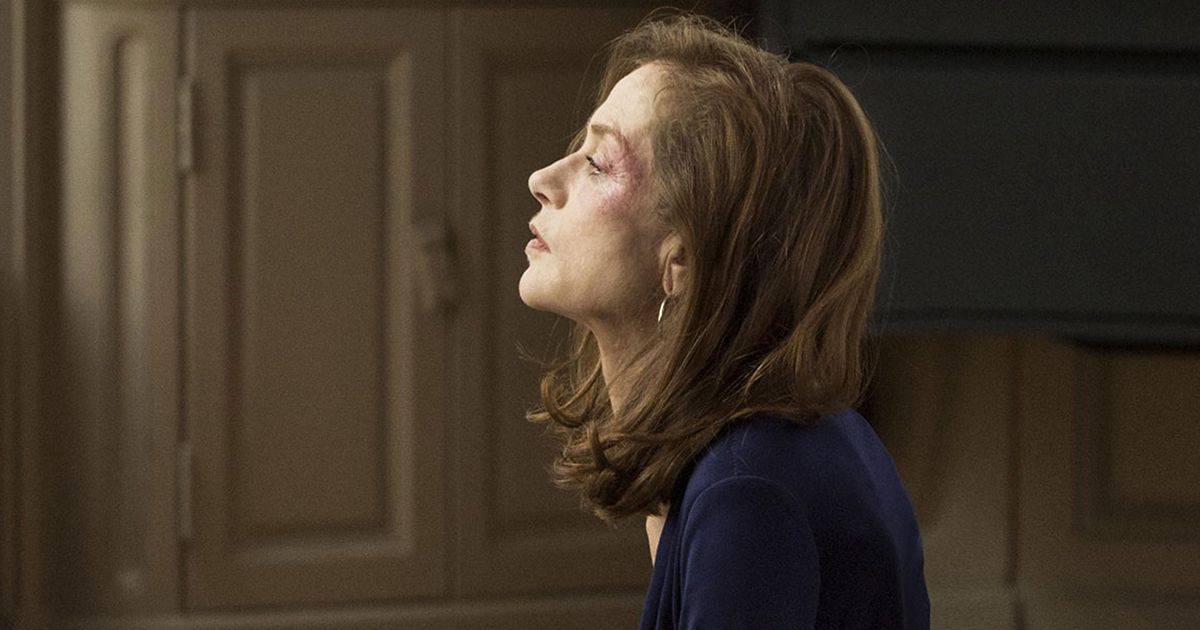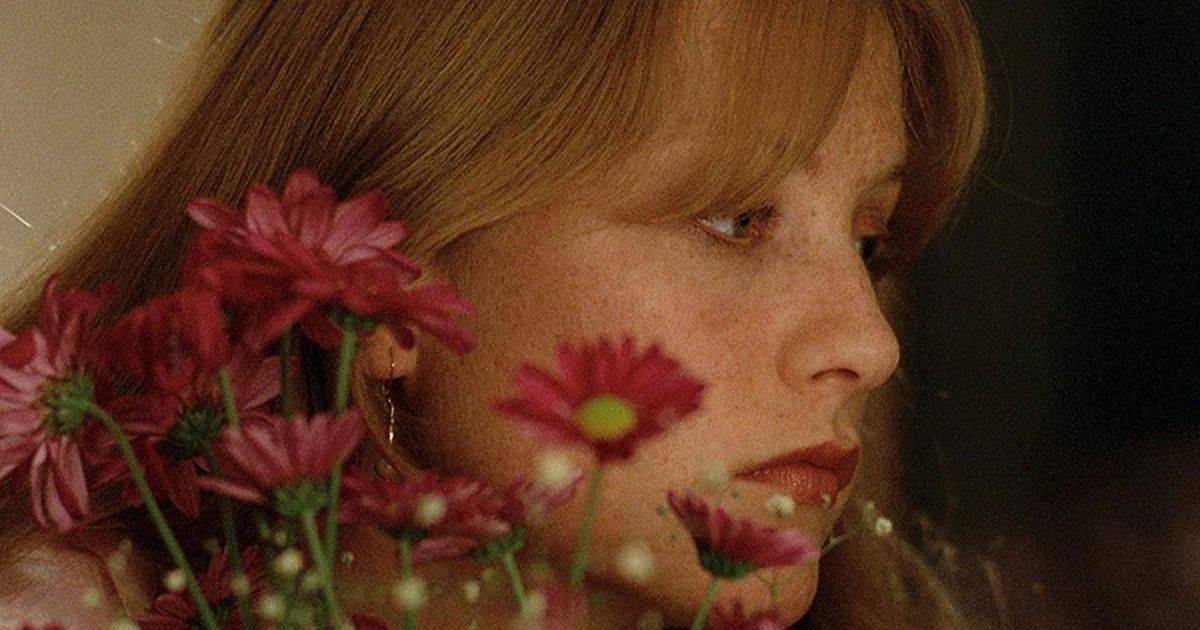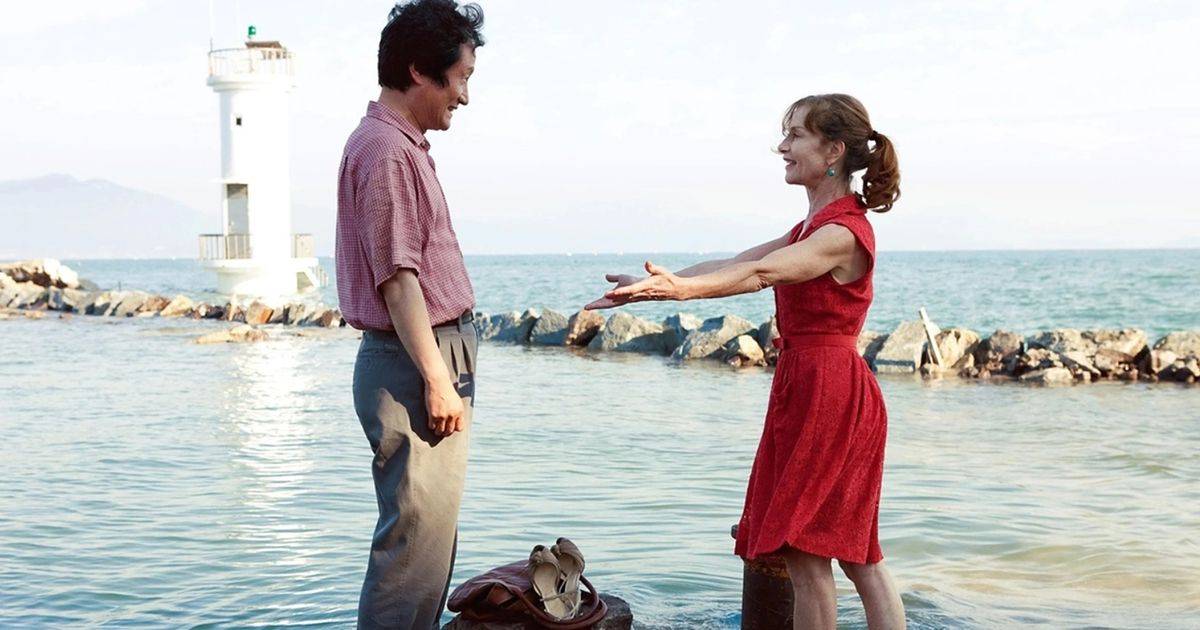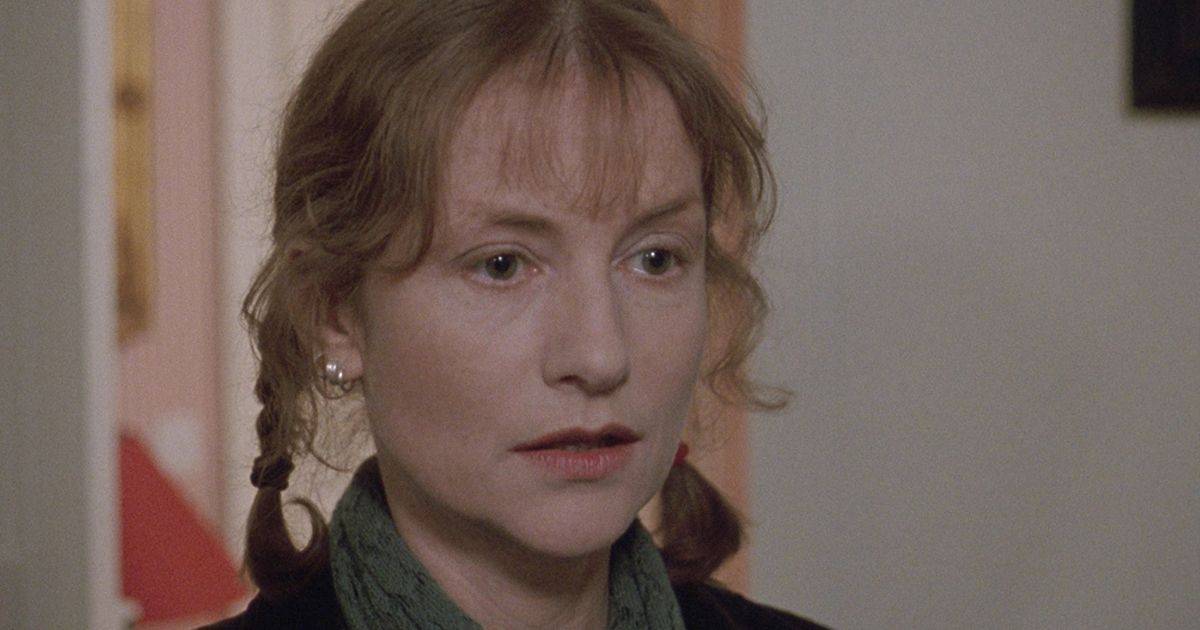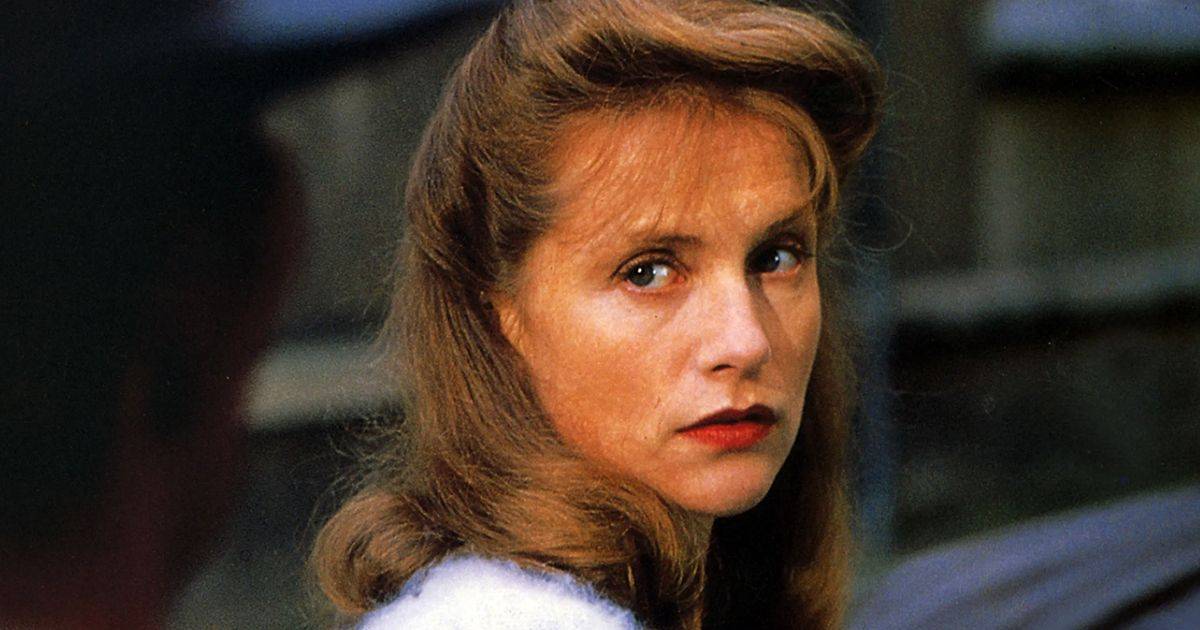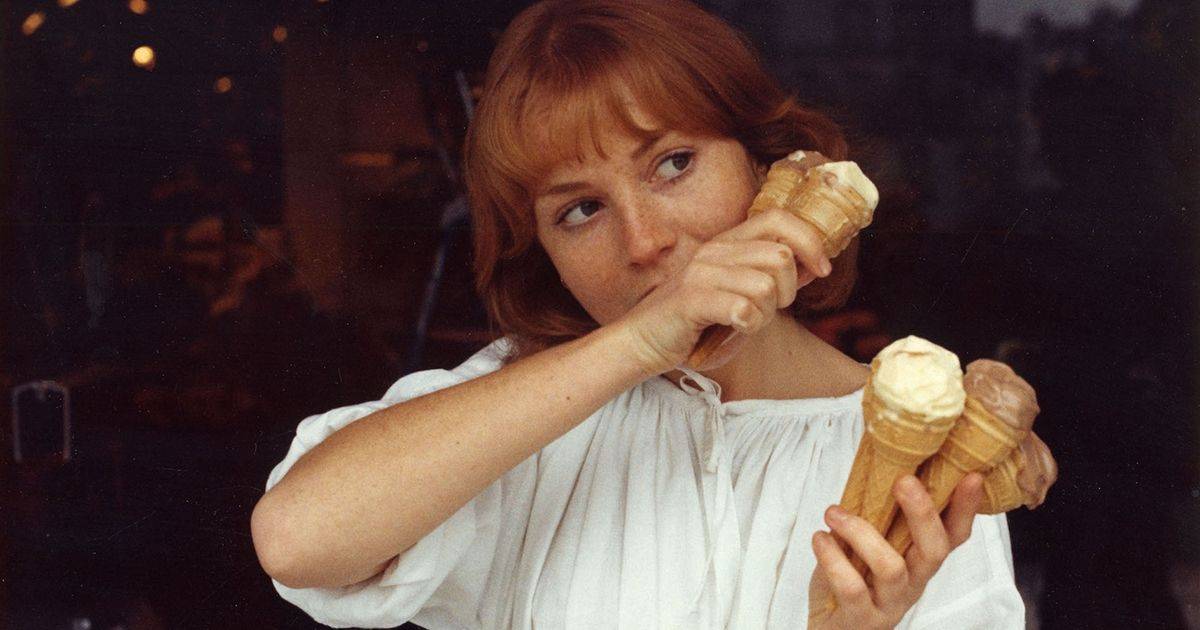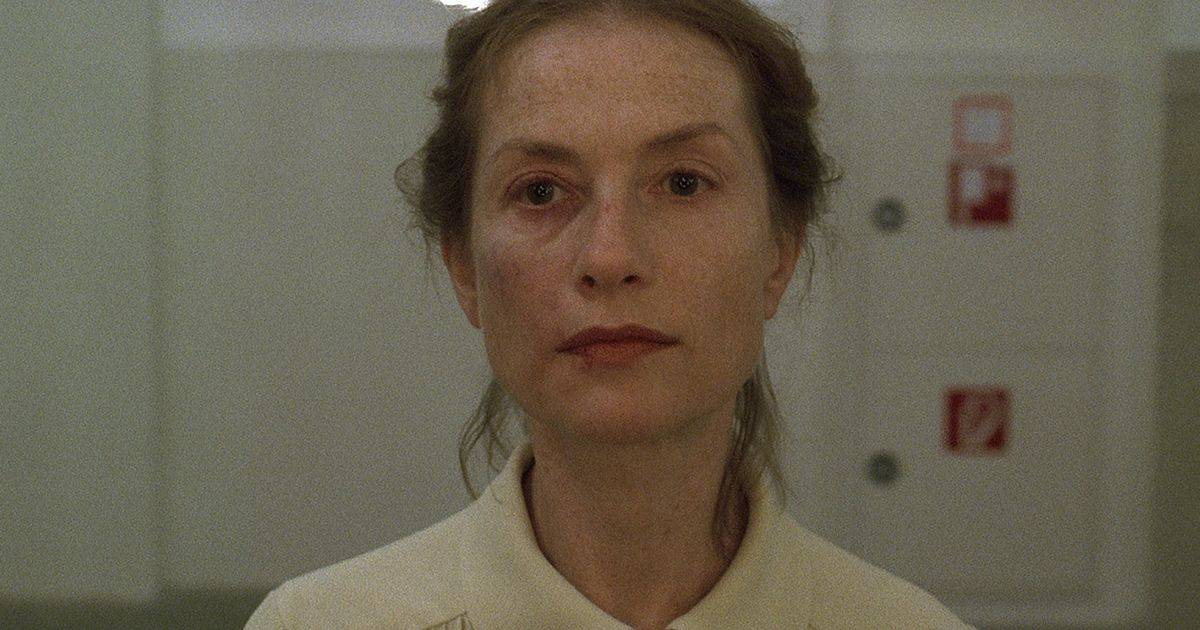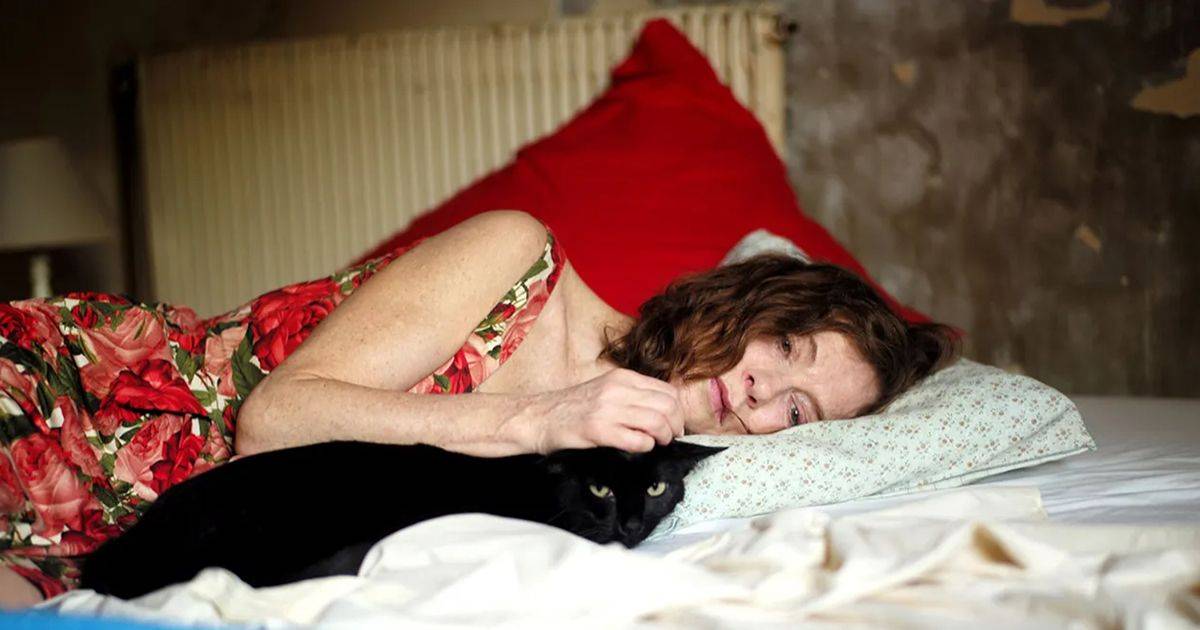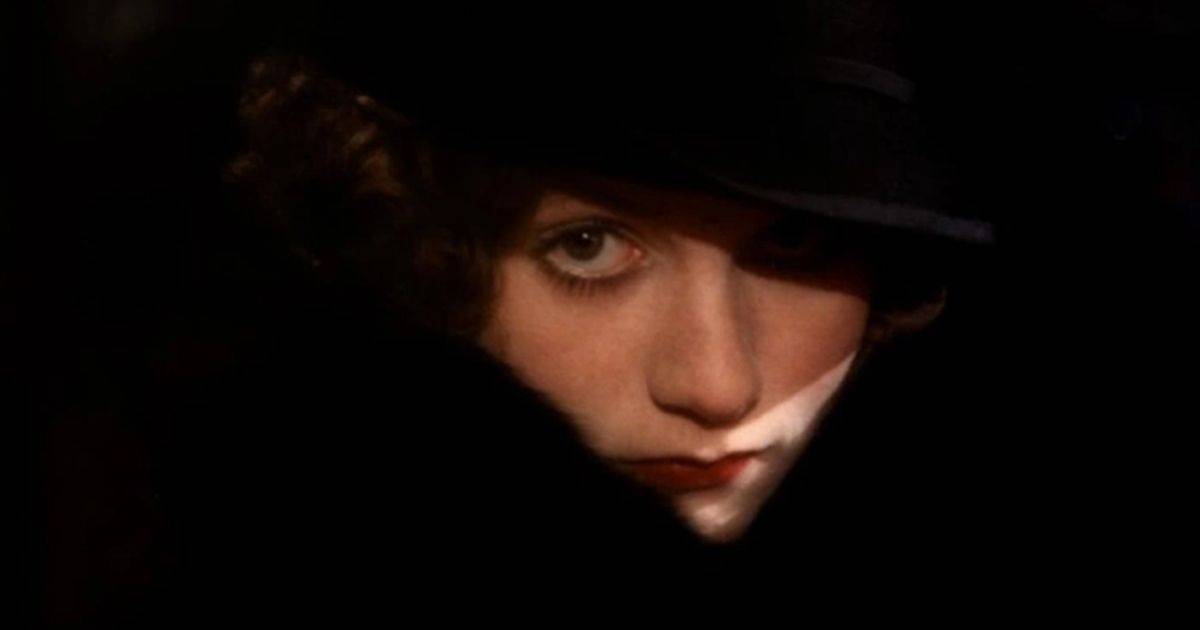The renowned French actress Isabelle Huppert has starred in more than 120 feature films throughout the course of her five-decade career. Huppert pushes herself and audiences from her first major roles (the contentious French comedy-drama Les Valseuses in 1974 and her breakthrough with 1977’s La Dentelliere) to award-winning performances (1978’s Violette Nozière, 2001’s The Piano Teacher, 2016’s Elle, among others) and collaborations with eminent directors like Jean-Luc Godard and Michael Haneke.
She burns down the screen while being fearless and hypnotic. Perhaps for this reason, Huppert was named second on The New York Times’ list of the top actors of the twenty-first century. The career highlights of the Cannes queen are listed here.
8 Women (2002)
The glitzy musical 8 Women by François Ozon is a locked-room murder investigation. This dark comedy, which is based on a play from the 1950s, centres around a meeting of eight female relatives for the holidays. Following the patriarch’s murder, every woman is now a suspect. The 2002 European Film Awards for Best Actress went to all eight of the main women. Stunning performances are given by the ensemble of prominent French actresses, but Huppert’s stiff and melodramatic Augustine is undergoing the most change.
Elle (2016)
The 2016 psychological thriller Elle, directed by Dutch provocateur Paul Verhoeven, centres on Michèle Leblanc (Huppert), a self-sufficient single woman out for vengeance after being sexually assaulted by an intruder. In the end, Huppert was nominated for an Academy Award for her stunning portrayal of a rape victim. She deserved an Oscar for Elle, but Emma Stone took home the prize. Huppert has always been terrific, but she’s never been better than this, as Empire put it.
Every Man for Himself (1980)
In the 1980 drama Every Man for Himself, directed by Jean-Luc Godard, Huppert plays Isabelle, a soft-spoken rural girl who sells herself ruthlessly to become independent. Her persona is not what you would anticipate. A scathing portrayal of the director himself, narcissistic television director Paul Godard, and his ex-girlfriend seeking to sell the flat they shared are linked with Isabelle’s story in the movie. It is a profound reflection on relationships and freedom, Every Man for Himself.
In Another Country (2012)
In Another Country, starring Isabelle Huppert auteur Jeonwonsa films from South Korea rom-com by Hong Sang-soo In Another Country, Huppert plays three distinct personas, all named Anne, including a charming filmmaker, an adulteress, and a recently divorced spiritual seeker. A French woman who is the sole foreigner in a small Korean resort town is the main character in every tale. It is a lighthearted, endearing, and daring movie that highlights Huppert’s personality.
La Cérémonie (1995)
This intricate criminal thriller, which Claude Chabrol, France’s master of suspense, directed, is based on the true story of the Papin sisters, two housemaids who murdered their employers in 1933. Huppert excels in La Cérémonie as the charismatically crazy postmistress Jeanne, who causes difficulty for the illiterate maid Sophie (Sandrine Bonnaire). Her first César was awarded to Huppert for her performance. Additionally, at the Venice Film Festival, the actress took home her second Volpi Cup for Best Actress.
Story of Women (1988)
Huppert delivers a performance in Claude Chabrol’s powerful drama Story of Women that earned her the best actress award at the Venice International Film Festival. She assumes the character of Marie, a destitute housewife and mother of two who assisted women in getting abortions during World War II in Nazi-occupied France. Story of Women is a gripping character study that is agonising to see. It is based on the true story of Marie-Louise Giraud, the last woman to be executed in France.
The Lacemaker (1977)
She portrays Béatrice, an 18-year-old bashful Parisian beauty salon assistant, in Claude Goretta’s The Lacemaker, which launched Huppert to prominence in French cinema (known as Pomme). While on vacation at a coastal resort, Pomme meets and falls in love with the wealthy, gorgeous young student (Yves Beneyton), but their Cinderella-like relationship is doomed to fail. The most promising rookie prize at the BAFTA event was given to Huppert for her outstanding performance.
The Piano Teacher (2001)
The Piano Teacher, a 2001 erotic psychological thriller directed by Michael Haneke, revolves on Erika (Huppert), a frustrated middle-aged Vienna Conservatory teacher who has a pushy sadomasochistic relationship with her teenage student Walter (Benoît Magimel). Huppert spoke candidly about the part, for which she received her second award for best actress at the Cannes Film Festival, to The New York Times. “It’s a game, to go as far as you want, to reveal things people have problems viewing,” she said.
Things to Come (2016)
Huppert plays middle-aged Parisian philosophy professor Nathalie in Mia Hansen-2016 Lve’s post-divorce drama Things to Come. We first meet Nathalie when she is experiencing an existential crisis. Nathalie is forced to remake herself and reevaluate a life that has previously been thoroughly analysed when she loses her mother (Édith Scob) and her husband (André Marcon). This story may sound straightforward, but Huppert elevated Things to Come and received numerous nominations and accolades for her stunning performance.
Violette Nozière (1978)
Only Isabelle Huppert and three other female actors—Vanessa Redgrave, Barbara Hershey, and Helen Mirren—have twice taken home the Best Actress prize at the Cannes Film Festival. Huppert’s performance in the criminal drama Violette Nozière by Claude Chabrol in 1978 earned her the first prize in this category. The film chronicles the tale of Violette Nozière (Huppert), an 18-year-old who poisoned her parents in 1933, and is based on a real French murder case. Huppert portrays the mentality of a murderer in an unforgettable way.

